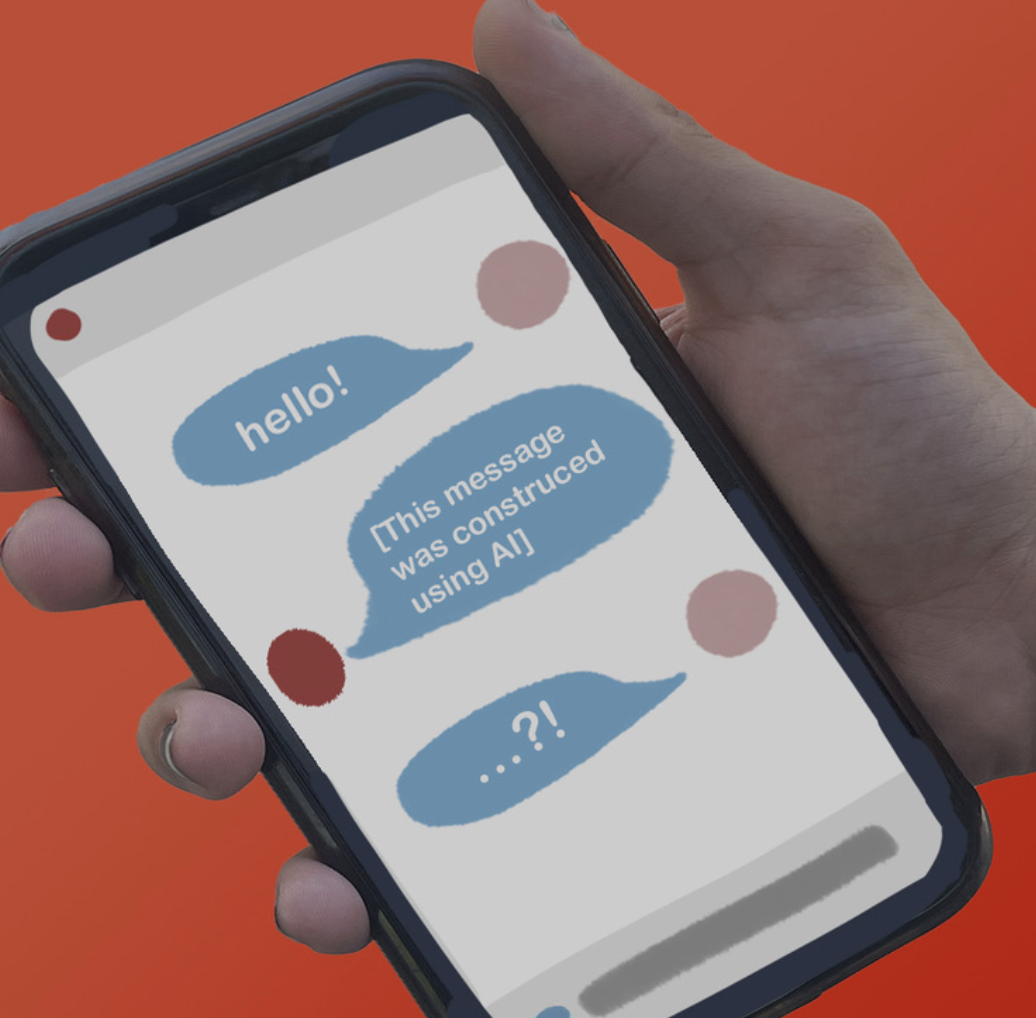
Sexting has revolutionized the idea of sex by combining it with the most powerful tool we have yet – technology. It has begun to change the way young adults look at sex and has become a new trend. However, it is definitely not something that should be encouraged, no matter how cool or safe people may think it is.
Four out of five college students engage in sexting, according to a University of Rhode Island survey. That’s roughly 80 percent of college students.
What college students don’t realize is that these photos can easily be sent to others without them knowing and without their consistent, no matter how much they trust the initial receiver.
When to the sexting phenomenon, each gender feels differently.
Men are more optimistic about sexting and think good things will happen when they engage in receiving and sending nude photos, according to an Indiana University study.
Female undergrads were more likely to have negative reactions to sexting compared to their male peers, according to Allyson Dir, a doctoral candidate in psychology at Indiana University-Purdue University Indianapolis. She said it’s probably because it’s more socially acceptable for men to be seen as sexually promiscuous, and sexting has been characterized as somewhat of a risqué behavior.
Females are judged more quickly based on sexual acts and the context of those acts, which is why they are less likely they’d want to participate in sexting. Women seem to become more submissive to the idea of sexting because of peer pressure, which is probably why the majority of women are engaging in this risqué behavior even if they don’t feel comfortable with it.
Single people were also reported to have more negative responses to sexting than those who are in relationships, living together or married, according to a Washington Post article.
“People who are single also may be taking more of a risk when sexting than are people who are in relationships,” Dir said. “Singles may be sexting with people they don’t know as well, meaning the receiver might share the sext without permission, or a single person may be more likely to be rejected after a sext.”
Whether someone is single or in a relationship, sexting is very risky.
If there are any uncomfortable feelings that come up when confronted by someone about sexting, ignore their request or simply just delete it. If they continue with their request, simply tell them it’s uncomfortable and not something you want to do.
Tara Miller can be reached at [email protected] or @chicojournalist on Twitter













